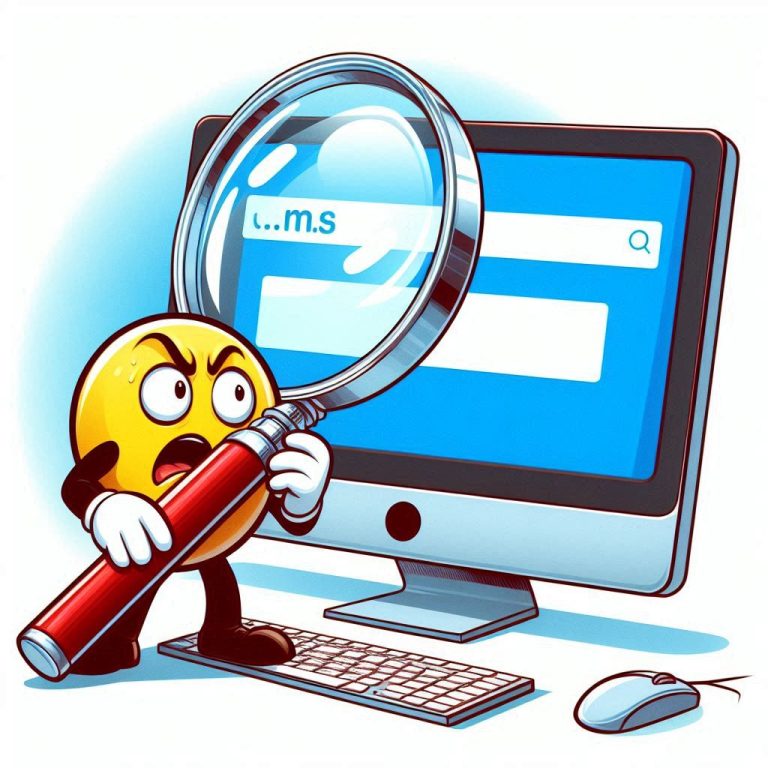How to Develop a CRM Strategy For Your Business
How to Develop a CRM Strategy for your Business? The days of just using an email-based CRM are quickly coming to an end. Companies of all sizes, from the smallest local pizza shop to the largest international corporation all realize the benefits of maintaining detailed customer relationship management systems.
CRM Strategy for Business
CRM Consultants offers their expertise by helping businesses develop and implement comprehensive CRM strategies. They are trained and experienced in strategic and tactical management of a company’s CRM and customer relationship relationships. The CRM Consultant works with the company’s IT, marketing, finance and other support staff to develop and implement a complete CRM system that meets the company’s needs. The consultants can also assist with implementing the strategy within a given company and in developing a comprehensive plan of action to improve employee engagement and build customer loyalty. A consultant can also help companies develop new tools for increasing productivity, which can ultimately lead to higher profits.
How to Develop a CRM Strategy for your Company?
The first step to begin implementing a comprehensive CRM strategy is to determine what your company’s goals are. These goals should include increasing company revenue, reducing cost, improving employee engagement and increasing employee retention. Your company’s CRM strategy should be aligned with these objectives.
Next, you’ll need to determine what type of CRM system you really need. For example, a customer-facing CRM system is ideal if your business routinely interacts with customers on a daily basis. If you have salespeople that visit sales representatives, clients or store locations on a regular basis, you may want to consider an integrated CRM solution. On the other hand, if your company only obtains information from call centers and customer service departments on a weekly basis, you may not need CRM software at all. It is important to understand the types of CRM software that your company requires so that you can begin developing an appropriate strategy for implementing it.
Once you have determined what CRM strategy you need for your business, you’ll need to decide which technologies you’ll be incorporating into your business in the near future. Some of the popular CRM systems being integrated into businesses today include Microsoft Dynamics GP, NetSuite and Great Plains. Depending on the size of your company and the type of CRM system you will implement, these systems can vary in price. You’ll want to do your research to determine what the best software options are for your budget, so that your strategies for integrating them will be effective.
In summary, developing a comprehensive and in-depth how to develop a care strategy for your business will involve considering a number of factors. You should first determine your company’s goals, examine CRM software options and evaluate your staff to determine how they currently use the system to generate leads and convert prospects into customers. Finally, you’ll need to integrate those strategies with your budget and ensure that they are effective.
Difference Between Salesforce and Superoffice CRM Solutions
This article is about choosing between Salesforce and the SuperOffice CRM solution. CRM software for small businesses has been around for some years, but it’s only now that Salesforce CRM has emerged as a full-fledged and comprehensive solution for most companies. The first question to ask when considering either purchasing Salesforce CRM or a generic solution like the Microsoft Dynamics GP, is what kind of business you are in? Are you a small business with a small number of salespeople? Or do you have more than 100 salespeople in your company and a huge amount of data to manage?
A quick answer to this problem is to go for a complete contact management system, something like Microsoft Dynamics GP or PeopleSoft CRM. These two systems allow you to manage your employees from anywhere they may be – and all by the same software. However, there are some specific benefits of Salesforce CRM and the SuperOffice suite of systems that could be useful to a smaller business.
One of the key elements of a successful small business contact management strategy is excellent customer support. It’s important that all of your salespeople know where to go and who to contact if they have a question about a particular transaction or a problem with a transaction. With the Salesforce CRM and SuperOffice suite of solutions, this is easily achieved. The sales and support people in your company can handle a multitude of queries, from simple inquiries to complex technical problems.
Another important point to consider when comparing Salesforce CRM software to the more generic CRM solutions such as Microsoft Dynamics GP or Great Plains is the ease of integration. Both Salesforce CRM and the SuperOffice suite of products have been adapted to be very easy to integrate with one another. This allows your business to take advantage of a variety of CRM applications and in particular Microsoft Dynamics CRM, without requiring your salespeople to learn and train in those applications. It also makes it easier for you to train your salespeople to work with Microsoft Dynamics CRM, which may be more important to your business needs in the long run.
In terms of functionality, both Salesforce CRM and the SuperOffice suite can manage customer relationships in a wide number of ways. For example, Salesforce CRM will let you set up recurring sales events and tasks that can be completed in a certain amount of time based on the current availability of staff. You can also use Salesforce CRM to monitor customer activity across your company from any location using a web dashboard, which makes it much easier for your sales team to track the success or failures of each customer transaction. However, if you intend to automate as much of this process as possible to eliminate the tedious tasks of manual management, Salesforce CRM will provide you with the best results.
When you look at the two CRM software systems, what you are looking at is a very comprehensive solution that will allow you to keep your business on top of your customer’s expectations. While both programs have strong points, in terms of how they can manage customer relationships, both are still good choices for many businesses. The choice between Salesforce and SuperOffice lies entirely in your own business needs, your business goals, and the capabilities of each program. If you have a smaller business, you may not need to use CRM software as well as a larger business. On the other hand, a well-built business could very well justify both Salesforce and SuperOffice CRM systems.
For More Articles Visit, Journal Closet




